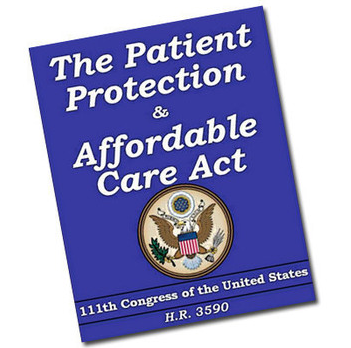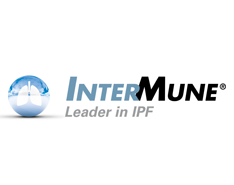biotech content marketing
Creating strong content for healthcare content marketing: 3 keys
by Joshua Schneck

 | November 5, 2013
| November 5, 2013
Creating strong content for healthcare content marketing requires three things:
1. Focus on relevant pains, drivers and trends in the market.
2. Lead, don’t follow.
3. Integrate with your overall healthcare PR and marketing strategy.
As a Minneapolis healthcare content marketing agency, we follow a wide range of regulatory, legislative, industry analyst and marketing issues on behalf of our clients. Our job is to identify emerging trends and develop appropriate strategies, including content marketing. The best content is timely, relevant content that directly interests your customers and prospects. It positions you as an opinion leader and cutting-edge company.
Focus on relevant pains, drivers and trends in the market
Healthcare is driven by government regulation. Check websites for HHS, CMS,FDA, etc., or the specialized media and blogs that follow them. Or, follow the Tweets of folks who watch these agencies. Look not just at what’s happening now but what’s coming down next year or later. Your customers and prospects are interested in ways to respond to new laws or regulations, or soon will be. Also, follow the healthcare analysts at Gartner, IDC, The Advisory Board and KLAS Research. Even if you don’t subscribe to these services, the leading analysts like Judy Hanover of IDC or Tom Handler of Gartner are quoted in report summaries and news accounts. Big trends and drivers, like the move to mobile or the cloud, are being p0inted to years ahead by these analysts. Your customers are interested in how to respond to these trends. Why is your solution or expertise relevant? Share that. Often.
Lead, don’t follow
Per above, get ahead of the competition with some key drivers, regulatory issues and/or trends, and keep reminding customer and prospects that you are focused on helping them adapt and thrive in changing conditions. The Affordable Care Act and other changes are continuing to become legal requirements according to a set schedule. Insurance companies need to attract and engage individual customers on an unprecedented scale. ICD-10 will become a requirement for all providers next year. Now’s the time to share a vision for how to meet these new challenges.
Integrate with your overall healthcare PR and marketing strategy
Every selection of content you disseminate should reflect your overall PR and marketing strategy, and be integrated with all your other marketing tactics, including case studies, web content, trade shows, media placements, other social media. Have a few, important objectives and focus on them in every communication, including all content marketing.
Can healthcare PR be a crime?
by Joshua Schneck

 | September 24, 2013
| September 24, 2013
Can healthcare PR be a crime? In the case of ex-InterMune CEO W. Scott Harkonen, the answer is yes – according to the U.S. government, a Federal jury and the Ninth Circuit Court of Appeals. David Brown writes in The Washington Post about how Harkonen was convicted for issuing a press release that, according to the U.S. government, willfully overstated the benefits of a drug made by his company.
InterMune is a public company focused on pulmonary and orphan fibrotic diseases. It markets a medicine for idiopathic pulmonary fibrosis (IPF) and is in product development and clinical trials on other drugs.
No Factual Errors
According to Brown’s article, there were no factual errors in the press release in question. It was the interpretation of the facts that was deemed criminal. This raises troubling questions for a Minneapolis healthcare PR firm like ours, and our clients. When does promoting a point of view become a crime?
From the Post article:
“If you applied this rule to scientists, a sizable proportion of them might be in jail today,” said Steven N. Goodman, a pediatrician and biostatistician at Stanford University who submitted a statement supporting Harkonen’s appeal. “The courts don’t quite realize the significance of what is in front of them or the furor that might erupt if this kooky precedent is allowed to stand.”
Ruling a word of caution to a Minneapolis healthcare PR firm
This ruling is a word of caution to a Minneapolis healthcare PR firm that works in healthcare PR and healthcare content marketing. Can healthcare PR be a crime? It can in some cases, but there is a free speech issue here that needs to be thought through carefully.
Ultimately, it gets down to what patients are entitled to know. They shouldn’t be deceived, obviously, but should they be prevented from knowing a company’s interpretation of research facts? I don’t claim to have the answer, but it’s a question worth asking.

